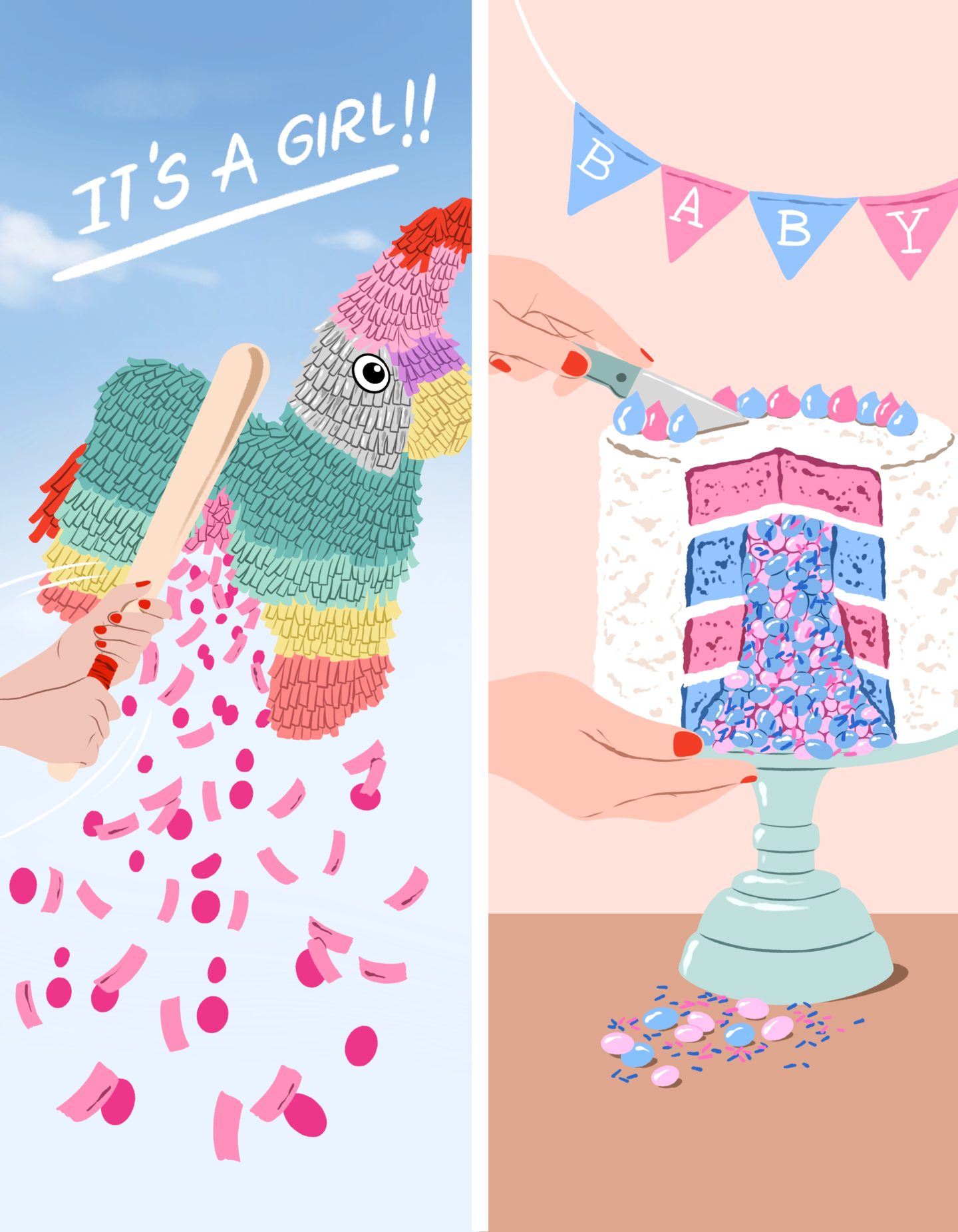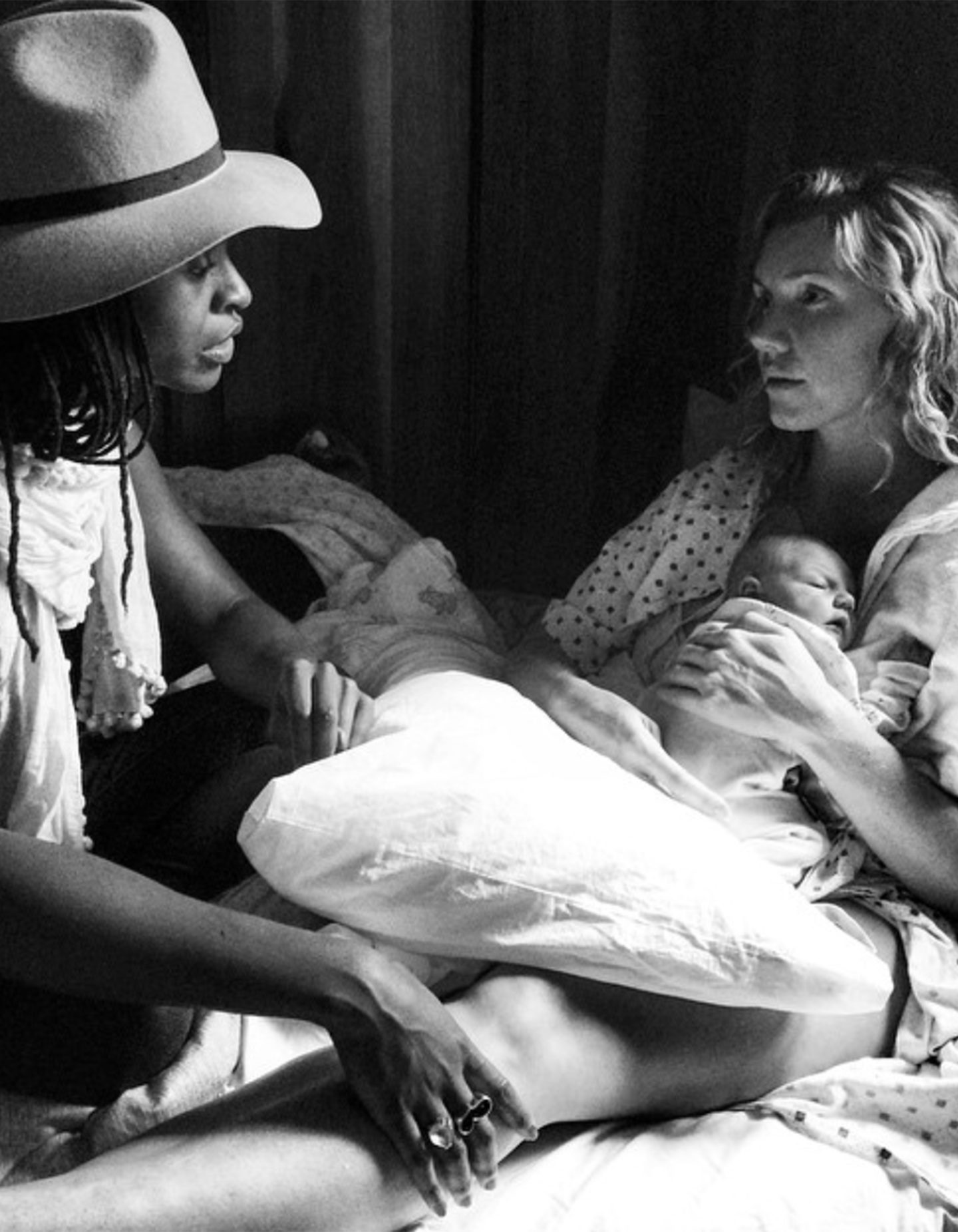When you get pregnant, there’s a chance you develop anemia, a condition where your blood doesn’t have enough healthy red blood cells to carry oxygen to you and your babe. During pregnancy your body needs more blood for all types of reasons, but mainly to support your baby’s growth. If you’re not getting enough iron or certain nutrients, your body might not be able to produce the amount of red blood cells it needs to make more blood. There are three kinds of anemia: iron-deficiency, folate-deficiency and B12-deficiency, each where you’re lacking necessary nutrients that deliver the goods to your babe and keep you feeling great.
Having mild anemia is totes normal, but severe anemia can make you feel weak, tired and increase your risk of complications like preterm delivery, developmental delays and low birth weight. All pregnant women are at risk for becoming anemic, but your chances are higher if you’re pregnant with multiples, have had two back-to-back pregnancies, experienced morning sickness, had anemia prior to pregnancy and if you avoid iron-rich foods. Symptoms include pale skin, lips and nails, a feeling of exhaustion or weakness, dizziness, shortness of breath and trouble focusing.
Your doctor will check for anemia during routine blood work at your prenatal appointments. If you test positive for anemia, you may want to start taking an iron supplement and/or folic acid supplement and add more foods to your diet that are rich in iron (ie meat, eggs, dairy). You’ll also be giving lots of blood so your doc can check that your blood levels are improving. Your provider might refer you to a hematologist to help you manage throughout pregnancy.


